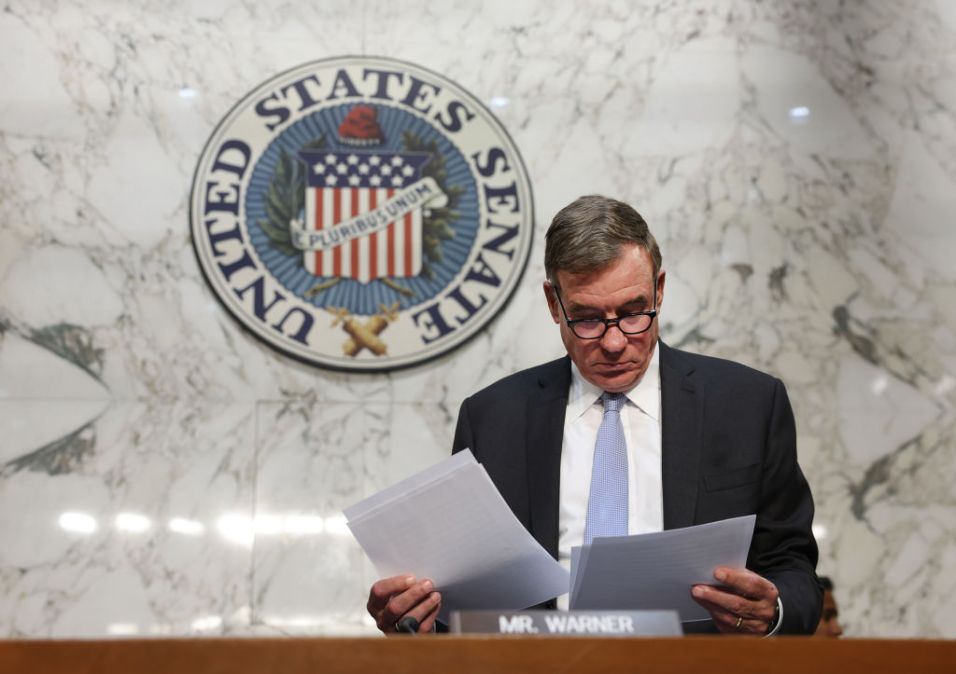Senate bill calls on NIST to boost work on emerging tech standards

A newly introduced bipartisan Senate bill seeks to improve U.S. participation in international standards-setting bodies for emerging technologies by creating a pilot program that would fund the hosting of standard-setting meetings in the United States.
Amid growing concern that U.S. companies and technologies are getting outmuscled by China in standard-setting bodies, the Promoting United States Leadership in Standards Act of 2024 from Sens. Mark Warner, D-Va., and Marsha Blackburn, R-Tenn., calls on the National Institute of Standards and Technology and the State Department to bolster U.S. participation in the creation and implementation of standards for AI and other emerging tech.
“In recent years, the Communist Party of China has asserted their dominance in the global technology space, and as their status has risen, our authority and influence has fallen,” Warner said in a statement. “This legislation clearly outlines steps we must take to reestablish our leadership and ensure that we are doing all we can to set the global standards for critical and emerging technologies.”
According to a press release, the legislation aims to preserve U.S. influence when it comes to technical requirements as well as “values, such as openness, safety, and accessibility, embedded in emerging technologies.”
It’s the Chinese Communist Party’s “mission to undermine the U.S. and our interests around the globe by exploiting our deficiencies,” Blackburn said in a statement. “As they ramp up their efforts to dominate global standards for emerging technologies, the U.S. must be a global leader in innovation, and that includes setting standards that reflect our interests and values.”
The legislation mandates NIST to deliver two reports to Congress: one covering current U.S. participation in the development of standards for AI and other emerging technologies and another that assesses a pilot program that would award $10 million in grants over four years for the hosting of standards meetings in the U.S.
That second report, which would be due after the pilot program’s third year, would also detail expenses, identify the recipients of the grants, and highlight the geographic distribution of participants at the standards meetings.
Finally, the bill calls on NIST’s director to launch a web portal that enables stakeholders to “navigate and actively engage in international standardization efforts,” in addition to featuring information on how to contribute to activities related to standards for AI and emerging technologies.
“Nurturing open and global participation in standardization activities, especially when hosted in the United States, can address shared technical challenges while advancing American technology leadership,” Morgan Reed, President of ACT | The App Association, said in a statement. “This legislation represents a decisive step in the right direction.”

